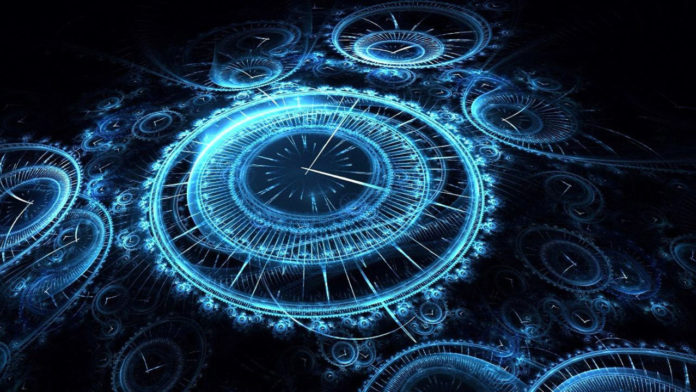Time has a fundamentally different character in quantum mechanics and when in general relativity. In quantum theory, events develop in a fixed order, while in general relativity temporal order is affected by the distribution of matter.
Now, a team of international scientists has discovered a new kind of quantum time order. Through this study, scientists sought to determine: what happens when an object massive enough to influence the flow of time is placed in a quantum state?
The disclosure emerged from a test, the group designed to bring together elements of the two significant physics theories developed in the past century.
UQ physicist Dr. Magdalena Zych said, “Einstein’s theory described how the presence of a massive object slowed time. Imagine two spaceships, asked to fire at each other at a specified time while dodging the other’s attack.”
“If either fire too early, it will destroy the other. In Einstein’s theory, a powerful enemy could use the principles of general relativity by placing a massive object — like a planet — closer to one ship to slow the passing of time. Because of the time lag, the ship furthest away from the massive object will fire earlier, destroying the other.”
“The second theory of quantum mechanics says any object can be in a state of superposition. This means it can be found in different states — think Schrodinger’s cat.”
“Using the theory of quantum mechanics, if the enemy put the planet into a state of ‘quantum superposition,’ then time also should be disrupted. There would be a new way for the order of events to unfold, with neither of the games being first or second — but in a specific quantum state of being both first and second.”
UQ researcher Dr. Fabio Costa said, “although a superposition of planets” as described in the paper — may never be possible, technology allowed a simulation of how time works in the quantum world — without using gravity. Even if the experiment can never be done, the study is relevant for future technologies.”
“We are currently working towards quantum computers that — very simply speaking — could effectively jump through time to perform their operations much more efficiently than devices operating in fixed sequence in time, as we know it in our ‘normal’ world.”
Stevens Institute of Technology and the University of Vienna scientists were co-authors on Bell’s Theorem for Temporal Order, published in Nature Communications.
